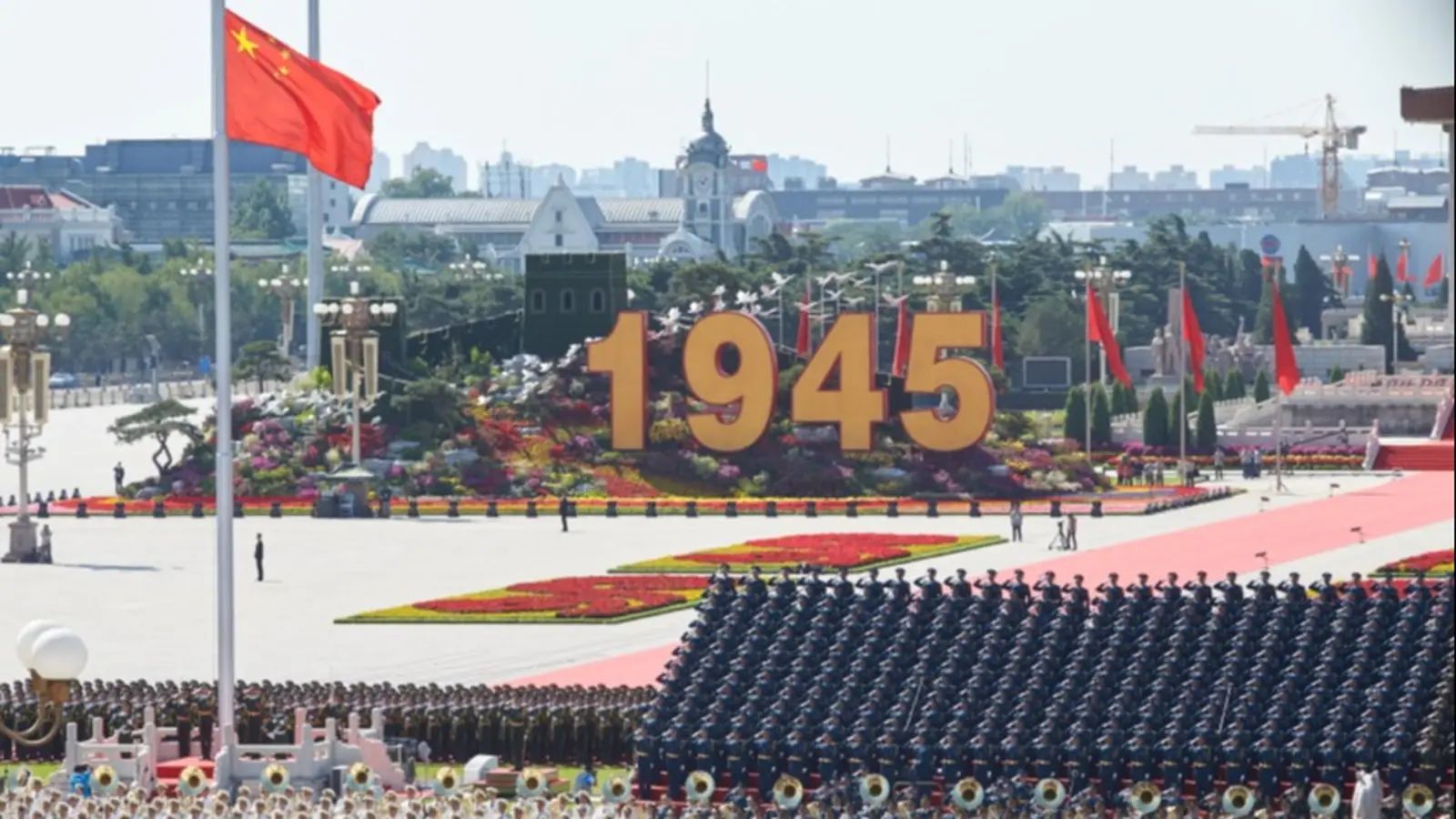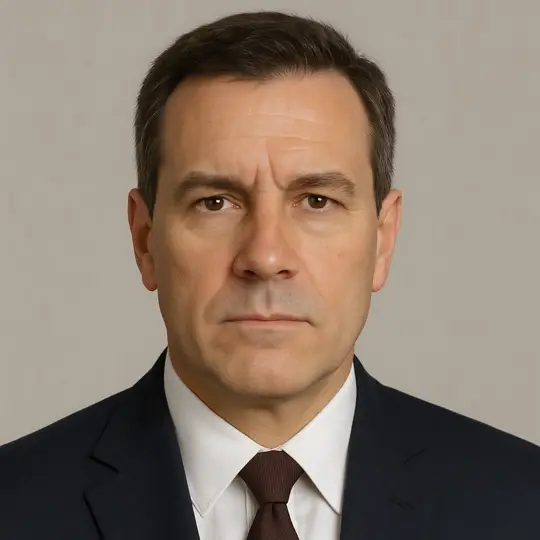Rostislav Ishchenko on China’s Parade, U.S. Relations, and the Growing Role of the SCO


Political analyst Rostislav Ishchenko says China’s parade showed the U.S. its readiness to defend interests in Asia, while the SCO meeting proved Beijing’s rising influence.
Political analyst Rostislav Ishchenko stated that the recent parade in China was a signal to the United States, demonstrating Beijing’s readiness to use force in defense of its interests in Asia and the Pacific.
He clarified that this did not mean China was preparing to attack the U.S. or Taiwan in the near future, but rather that Beijing wanted to show the West that speaking to it in the language of force is futile-because China itself is capable of doing so.
Commenting on the intercontinental missiles displayed at the parade, Ishchenko noted that their existence is already well known. While China does not yet possess a very large number of warheads, he stressed that it has enough to inflict unacceptable damage on the United States, which is why Washington always factors China’s nuclear arsenal into its calculations. For that reason, he argued, it is unnecessary to focus too much on analyzing the specific weapons shown at the parade.
In his view, the greater significance lay not in the parade itself but in the Shanghai Cooperation Organization (SCO) meeting held alongside it. The event drew not only SCO member states but also countries that are not even observers in the organization.
Ishchenko said this demonstrated the growing importance of the SCO and underlined Washington’s failure to rally Southeast Asian nations against China. He added that it also reflected a broader decline in U.S. ability to work effectively with states it seeks to influence. As an example, he cited the U.S. attempt to pressure India with tariffs at the very moment Washington is waging an economic confrontation with China. He described such a move as absurd, evidence that the United States now has fewer arguments with which to persuade other countries to align with its policies.